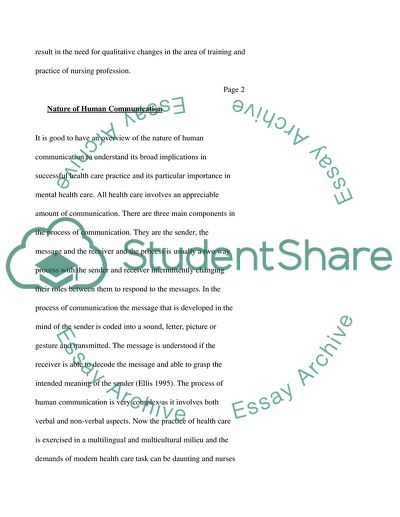Cite this document
(“Effective communication skills are essential when facilitating Essay”, n.d.)
Effective communication skills are essential when facilitating Essay. Retrieved from https://studentshare.org/miscellaneous/1536048-effective-communication-skills-are-essential-when-facilitating-learning-for-nurses-and-clients-with-refernce-to-your-area-of-clinical-practice-critically-dis
Effective communication skills are essential when facilitating Essay. Retrieved from https://studentshare.org/miscellaneous/1536048-effective-communication-skills-are-essential-when-facilitating-learning-for-nurses-and-clients-with-refernce-to-your-area-of-clinical-practice-critically-dis
(Effective Communication Skills Are Essential When Facilitating Essay)
Effective Communication Skills Are Essential When Facilitating Essay. https://studentshare.org/miscellaneous/1536048-effective-communication-skills-are-essential-when-facilitating-learning-for-nurses-and-clients-with-refernce-to-your-area-of-clinical-practice-critically-dis.
Effective Communication Skills Are Essential When Facilitating Essay. https://studentshare.org/miscellaneous/1536048-effective-communication-skills-are-essential-when-facilitating-learning-for-nurses-and-clients-with-refernce-to-your-area-of-clinical-practice-critically-dis.
“Effective Communication Skills Are Essential When Facilitating Essay”, n.d. https://studentshare.org/miscellaneous/1536048-effective-communication-skills-are-essential-when-facilitating-learning-for-nurses-and-clients-with-refernce-to-your-area-of-clinical-practice-critically-dis.


